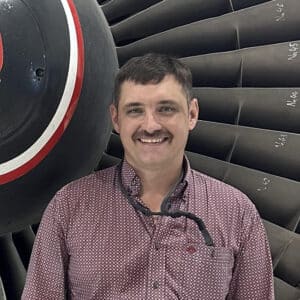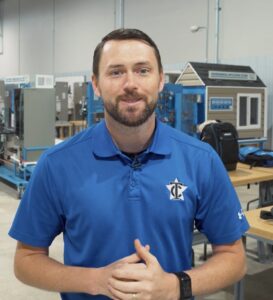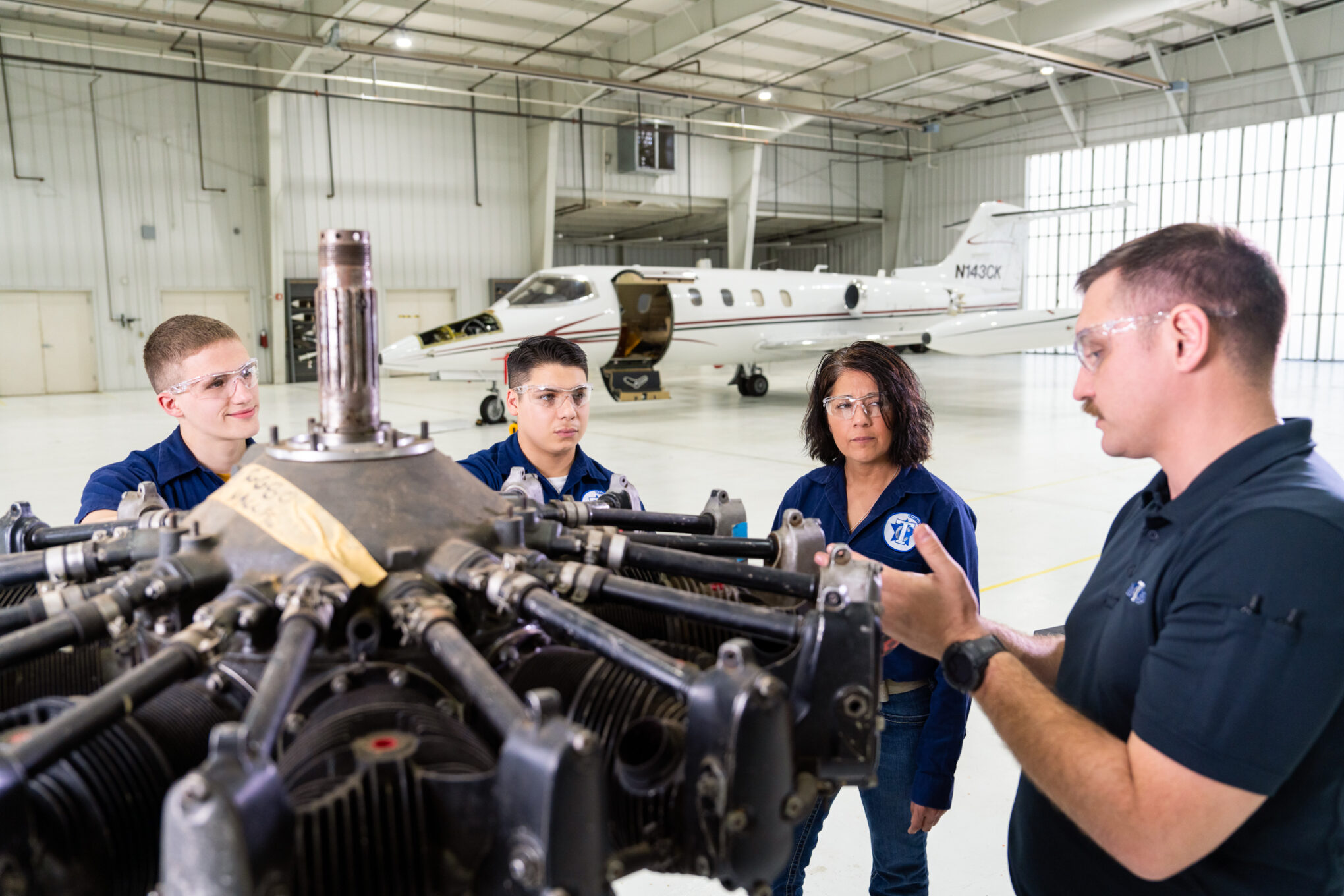Aviation Mechanics Technology
This program offers a promising career path in the field of aircraft mechanics. With pay rates starting at $40 per hour, this program equips students with the expertise and skill necessary for a high-paying job. Skilled mechanics are in demand in various regions, allowing you to travel while working on state-of-the-art aircraft technology.
On This Page
What to Know at a Glance
Duration
1 year certificate (45 sch);
2 year associate degree (60 sch)
Delivery
A blend of face-to-face and online
Scheduling Options
Full-time; Day classes
Where it is offered
Texarkana College Hangar at Texarkana Airport
About Aviation Mechanics Technology
Texarkana College’s Aviation Mechanics Technology program allows students to get their certification to work on airplane engines and frames in just one year. This means they can start working in the commercial aviation industry quickly. A&P technicians are trained to do lots of different tasks on airplanes, like fixing engines, working with advanced technology, and repairing the outside of the plane. They can work on all kinds of airplanes, from small ones to big commercial ones. They can also inspect airplanes and do maintenance to keep them working well. A lot of A&P technicians start out doing hands-on work and then move up to management jobs where they make important decisions about maintenance. The job outlook for these technicians is good, with more job opportunities expected in the coming years. The average salary for an A&P technician is $70,000, but in commercial aviation, they can make even more.
Possible Careers and Salaries
Aircraft Maintenance Technician
$41.24/hr starting pay
Aircraft Paint Technician
$36.10/hr starting pay
Aviation Maintenance Technician
$41.07/hr, starting pay
Ground Operations
Master essential skills in aircraft ground operations, safety, and maintenance. Topics include starting and handling engines, identifying hazards, fuel selection, corrosion prevention, and effective cleaning and servicing techniques. Ensure aircraft longevity and peak performance through expert maintenance practices.
Airframe Electrical Systems
This short course provides comprehensive training in the inspection, troubleshooting, servicing, and repair of critical aircraft systems. Participants will gain hands-on experience with heating, cooling, air conditioning, oxygen, and pressurization systems, as well as air cycle machines. Additionally, the course covers airframe ice and rain control systems, smoke and carbon monoxide detection systems, and aircraft fire detection and extinguishing systems. Emphasis is placed on demonstrating and implementing essential safety procedures throughout the maintenance process.
Aircraft Turbine Engine Theory
Explore the intricacies of turbine engine operation in this comprehensive course. Gain expertise in identifying and selecting appropriate lubricants, and learn to inspect, service, troubleshoot, and repair various components, including ignition systems, electrical and pneumatic starting systems, lubrication systems, unducted systems, and turbine-driven auxiliary power units. Delve into the inspection and repair of engine exhaust system components, as well as the maintenance of engine thrust reverser systems and related components. Additionally, master the skills needed to handle electrical and mechanical fluid rate of flow-indicating systems, as well as engine temperature, pressure, and RPM indicating systems. Elevate your knowledge and proficiency in turbine engine maintenance through hands-on training and expert guidance.
- Degree Plan (PDF)
- Pathway (PDF)
- For questions about the application and enrollment process contact Enrollment Services at recruitment@texarkanacollege.edu or 903-823-3012
Tuition Costs
Standard tuition rates per credit hour apply, program fees to be determined.
Program Contacts


